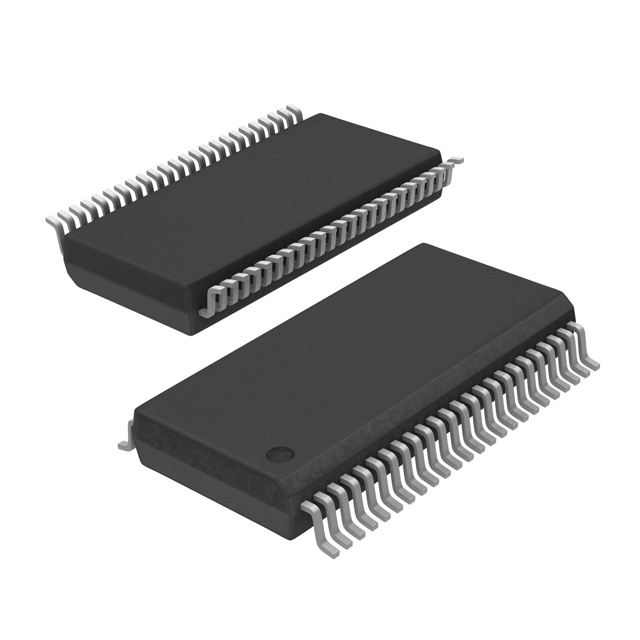74LVT162374DL,118
Manufacturer No:
74LVT162374DL,118
Manufacturer:
Description:
IC FF D-TYPE DUAL 8BIT 48SSOP
Datasheet:
Delivery:





Payment:




In Stock : 0
Please send RFQ , we will respond immediately.









74LVT162374DL,118 Specifications
-
TypeParameter
-
Package / Case48-BSSOP (0.295", 7.50mm Width)
-
Supplier Device Package48-SSOP
-
Mounting TypeSurface Mount
-
Operating Temperature-40°C ~ 85°C (TA)
-
Input Capacitance3 pF
-
Current - Quiescent (Iq)120 µA
-
Voltage - Supply2.7V ~ 3.6V
-
Current - Output High, Low12mA, 12mA
-
Trigger TypePositive Edge
-
Max Propagation Delay @ V, Max CL5.3ns @ 3.3V, 50pF
-
Clock Frequency150 MHz
-
Number of Bits per Element8
-
Number of Elements2
-
Output TypeTri-State, Non-Inverted
-
TypeD-Type
-
FunctionStandard
-
PackagingTape & Reel (TR)
-
Product StatusNot For New Designs
-
Series74LVT
The 74LVT162374DL,118 is a specific integrated circuit chip, commonly known as a flip-flop or latch. While I don't have access to the specific datasheet for this chip, I can provide you with some general information about flip-flops and their applications.Advantages of flip-flop chips like the 74LVT162374DL,118 can include:1. Memory storage: Flip-flops can store binary information, making them useful for temporary data storage or as building blocks for more complex circuits. 2. State retention: Flip-flops can retain their state until a new input is received, allowing for sequential logic operations. 3. Speed: Flip-flops can operate at high speeds, making them suitable for applications that require fast data processing.As for application scenarios, flip-flops are commonly used in digital systems and electronic devices. Some possible applications include:1. Registers: Flip-flops can be used to build registers, which are used for temporary storage of data in microprocessors and digital systems. 2. Counters: Flip-flops can be used to build counters, which are used for counting events or generating timing signals. 3. Memory elements: Flip-flops can be used as memory elements in random access memory (RAM) or cache memory. 4. Synchronization: Flip-flops can be used for synchronization purposes, ensuring that different parts of a digital system operate in a coordinated manner.It's important to note that the specific application scenarios for the 74LVT162374DL,118 chip may vary depending on its features and specifications. To get a more accurate understanding of its advantages and applications, it would be best to refer to the datasheet or consult the manufacturer's documentation.
74LVT162374DL,118 Relevant information







